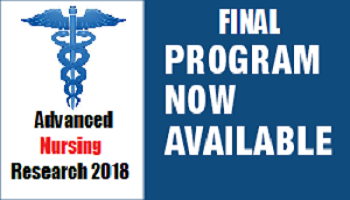
Dónal O’Mathúna
University of Miami, USA & Dublin City University, Ireland
Title: The duty to care: Examining nurses’ ethical responsibility to report for work in the face of disasters and extreme events
Biography
Biography: Dónal O’Mathúna
Abstract
Epidemics, pandemics and disasters occur with increased frequency. Concerns are increasing about chemical, biological, radiological, nuclear, and explosive (CBRNE) events. The potentially large numbers of injured, traumatized and dying patients require many nurses and other healthcare professionals. Sometimes, caring for patients puts nurses at serious risk of harm, such as when patients are infectious or contaminated. This creates ethical conflicts between one’s professional duty to care and the need to care for oneself, one’s family, and future patients. History records many examples of nurses accepting significant risks during wars and infectious outbreaks, like with Ebola virus disease. Such decisions have been lauded as heroic whether undertaken for personal moral or religious reasons, or in response to a professional duty to care. However, some question whether such a duty to care is ethically obligatory in the face of pandemics and CBRNE events. The University of Toronto’s report into pandemic influenza, completed after the SARS outbreak there, called for much further ethical analysis of the duty to care. A systematic review found that nurses are under-prepared for the ethical challenges faced in disasters. This presentation will review the ethical arguments used to justify and also limit the duty to care. It will discuss the World Health Organization’s guidance on ethics in pandemics which notes that the duty to care is not unlimited during pandemics, and that employers and governments have reciprocal duties to provide training and protective equipment. This presentation will argue that rather than looking to legal and regulatory responses, the ethical virtues of courage and volunteerism should be fostered as part of promoting trust in nurses and other healthcare professionals. Virtue ethics includes a narrative approach that values the role of stories to inspire people to strive towards ethical ideals and praiseworthy leadership, even when caring involves serious risks.

